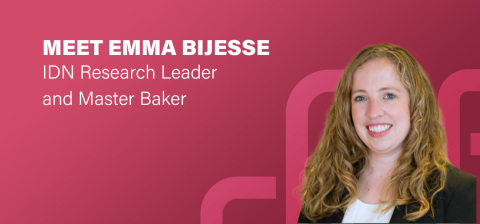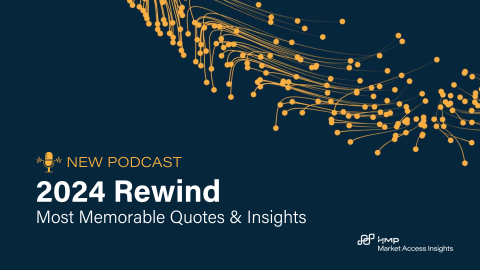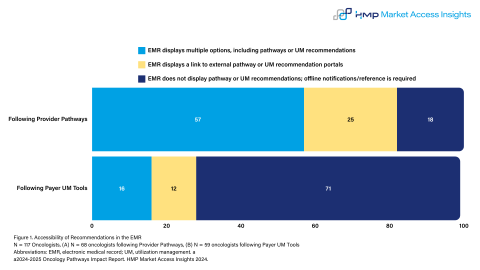

Article
Oncology Network Aggregators: Gaining Popularity?
August 16, 2023Authors
Topics
Welcome to the August 2023 edition of our Monthly Insight Series. This month we take a deeper look into independent community oncology practices’ evolving interest in joining oncology network aggregators.

In our research for our annual Community Oncology Trend Report, we survey independent community oncology practices’ perceived likelihood of joining an oncology network aggregator (eg, the US Oncology Network, OneOncology, American Oncology Network) in the next 5 years.
Survey data collected from 2021 to 2023 show that, year-over-year, independent practices rated increasingly higher likelihoods of joining a network aggregator, and the percentage of practices indicating a high likelihood of joining a network aggregator rose from 18% in 2021 to 35% in 2023 (Figure 1).

An increasingly consolidated provider market, competitive and economic advantages touted by network aggregators, and mixed perspectives on these promised benefits color the story behind whether practices want to join these network aggregators.
- Provider consolidation fuels interest: The overall share of oncologists in community-based practices is declining as integrated delivery networks (IDNs) expand and independent practices struggle to remain competitive. In 2023, more than half of surveyed community practices name IDNs as their major competitor for oncology patients. As IDNs continue to acquire nearby practices and control more of the referral stream, community practices face more competition for new patients and threats to their patient volume. Oncologists looking for an alternative to joining an IDN will consider selling to or partnering with oncology network aggregators instead.
- Network aggregators make big promises: Increasing administrative costs and decreasing provider reimbursement policies have led to challenging financial outlooks for community practices. Network aggregators claim to offer practices a variety of attractive services, including access to management services, enhanced infrastructure, and clinical tools, that help practices provide better cancer care, remain competitive in an increasingly complex market, and experience better profit margins.
- Qualitative feedback is mixed: While some practices believe network aggregators will provide them value, others remain skeptical of their impact. The potential for unfulfilled promises and loss of physician autonomy makes some practices wary of joining. When one community physician was asked if their practice had considered joining a network aggregator, they reflected that “[The network aggregators] make a lot of promises but can’t fulfill them . . . They just want to take over the practice, manage the practice, and make the doctors basically employees.” Smaller practices interested in joining also worry that they may not have the qualities that network aggregators look for in practices, decreasing their potential of joining one.
For more valuable insights, read our recently released 2023 Community Oncology Annual Trend Report. For further insights and musings on the oncology sector, check out our latest articles at https://www.hmpmarketaccessinsights.com/insights.
As always, please feel free to reach out with any questions or comments you may have.
The Latest
Article
Meet Emma: Research Leader and Master Baker
Not only does Emma have over a decade of experience supporting academic health systems and integrated delivery networks (IDNs), but she’s also the go-to for a delicious apple pie.
Emma BijessePodcast
2024 Rewind: Most Memorable Quotes & Insights
Our team looked back on some of the most thought-provoking insights from conversations with key decision-makers in oncology. In this podcast episode, we explore the challenges and opportunities faced by oncologists, payers, and pathway developers.
Ashutosh ShethArticle
Easier Pathway Access, Greater Pathway Usage
Easier access to oncology pathway recommendations encourages oncologists’ usage and considerations of these recommendations. Our new 2024-2025 Oncology Clinical Pathways Impact Report reveals the variability in pathway integration and usage.
Cindy Chen





